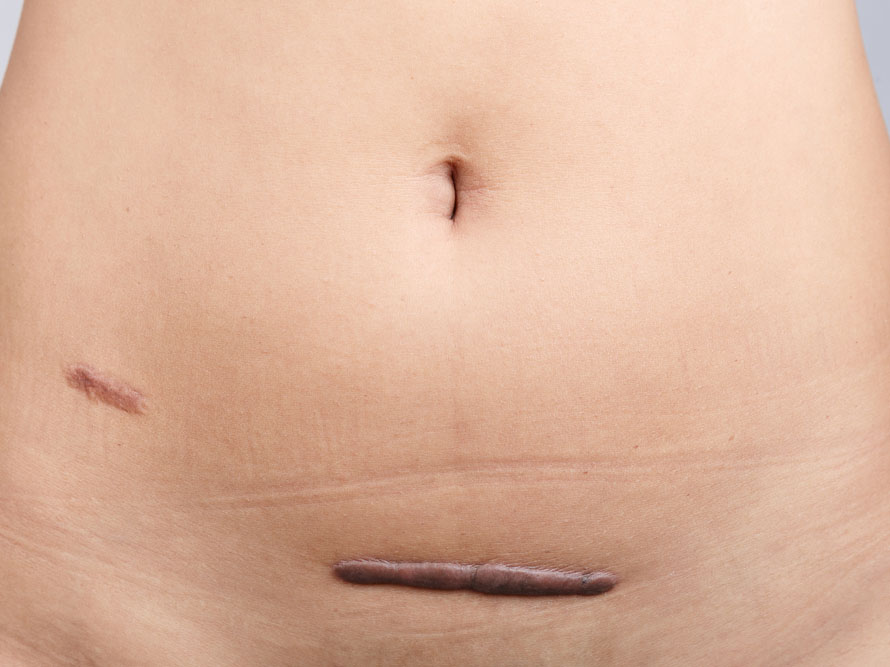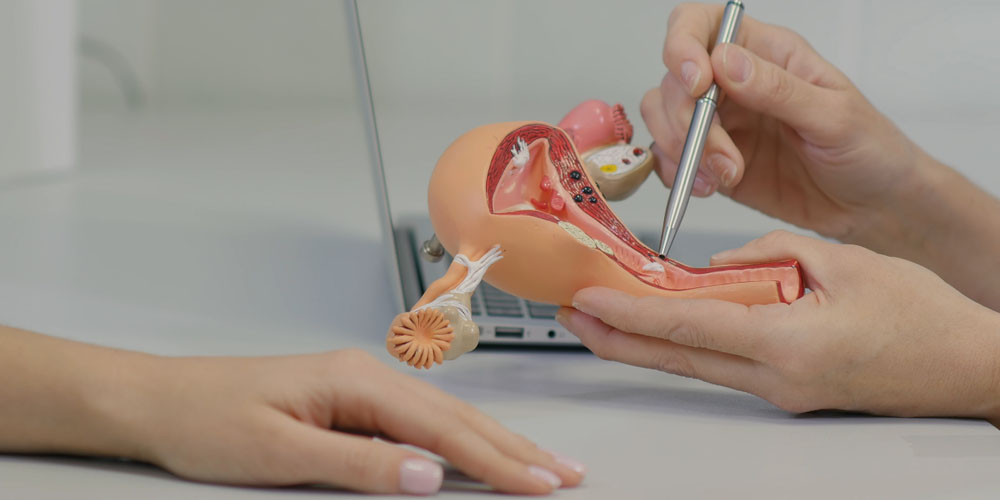Contents
A hysterectomy is a surgery to remove the uterus (womb) — the hollow organ where babies grow and develop during pregnancy.
Any surgery can have both short-term and long-term side effects. A hysterectomy can cause side effects like pain and bleeding. Once you have this procedure, you won’t be able to carry a child.
A hysterectomy can also impact your sex life in the weeks following the procedure. It shouldn’t prevent you from having sex — and enjoying it — once you’re healed.
How do hysterectomies change how I have sex?
A hysterectomy will put your sex life on pause for a few weeks, but it shouldn’t end it.
According to one review of studiesTrusted Source, most women said their sex life either stayed the same or improved after the procedure. They were finally free from the pain or heavy bleeding that caused them to have the surgery.

Having your ovaries removed during the procedure could dampen your desire for sex, though. That’s because your ovaries produce testosterone and estrogen — hormones that are integral to your libido.
Can I still have an orgasm?
Some women do report that they have less intense orgasms or no orgasms at all after surgery. This is because removing the uterus can cut nerves that enable you to climax.
Also, the cervix contains nerves that are stimulated during sex. If your uterus was removed during the procedure, the surgeon might have cut these nerves. This is rare and not the norm for most people who have the surgery, though.
Will sex still feel the same?
A hysterectomy shouldn’t affect sensation in your vagina. However, removing your ovaries will put you into menopause, which can dry out the tissues of the vagina and make sex more painful.
What’s the safest way to start having sex again?
First, make sure you wait at least six weeks — or as long as your doctor recommends — before you start having sex again. Take your time easing back into sex.
If vaginal dryness is making sex too painful, ask your doctor about using vaginal estrogen creams, rings, or tablets. Or, try a silicone-based or water-based lubricants like K-Y or Astroglide when you have sex.
How long should you wait to be able to have sex?
After a hysterectomy, a woman should refrain from putting anything in the vagina for about six weeks. This includes a penis, fingers, sex toys, tampons, and douches.
It is essential to understand that this recommendation is based on the average time it takes to heal, which is about 6 to 8 weeks. However, everyone heals at a different rate.
Doctors recommend that women refrain from sexual activity after a hysterectomy until all surgery-related vaginal discharge has stopped and any wounds have healed.
There are no official guidelines on when it is safe to have an orgasm, for example, from manual masturbation with the fingers. But, it is vital to give the body time to heal, and an orgasm tenses the muscles in the pelvic region, potentially straining any healing wounds.
There are no expectations about when a woman should feel like having sex after a hysterectomy.
Some women may experience vaginal bleeding and pain for several weeks after surgery, and they may have little interest in sex.
In addition to physical effects, a hysterectomy can have a significant emotional impact and affect how a woman feels about having sex.
A woman’s feelings about sex after a hysterectomy may vary depending on the reasons for surgery, her situation, and whether surgery has induced menopause.
What steps can I take to improve my sex life?
If you’re having difficulty getting back to your normal sex life after a hysterectomy, try these tips to get back on track:
1. Take your time
When you have sex, don’t rush. Give yourself time to get aroused.
2. Experiment
Try different positions until you find one that’s most comfortable. Explore options other than vaginal sex, like oral or manual stimulation.
3. Be honest
Be open with your partner about what feels good and what hurts.
If these tips don’t work, consider seeing a sex therapist or counselor with your partner.
Possible complications
Although many women do not experience sexual problems after a hysterectomy, some do experience complications.

These may include:
- Loss of sex drive: A woman may experience a reduced libido if her ovaries are removed, as this will cause a lack of estrogen.
- Using lubrication: Using lubrication may make sex easier and more enjoyable. Lubrication is especially helpful for women who have had their ovaries removed and are in surgical menopause.
- Change in sexual sensation: Some women report a reduction in sensation inside their vagina during sex. This does not have to negatively affect a woman’s ability to orgasm, as the clitoris and labia are still highly sensitive. However, it may mean changing positions and techniques to find what feels right after surgery.
- Talking with their partner: It is essential for a person to talk with any sexual partners about how they feel after a hysterectomy, especially if something is painful or uncomfortable.
- Not rushing things: Having sex too soon after surgery can be painful and may cause an infection. A person should follow the doctor’s recommendations about when it is safe to have sex, remembering that 6 weeks is only a guide. Some women may not be ready at that point in their recovery.
- Pelvic floor weakness: Doing pelvic floor exercises, such as Kegels, can strengthen the muscles after surgery, improving sex and reducing the risk of incontinence.
- Vaginal dryness: Some women experience vaginal dryness after having a hysterectomy. This can often be managed with an over-the-counter lubricant or natural alternative, such as coconut oil.
- Trying different positions: Certain positions may be more comfortable than others, especially for people who are experiencing vaginal dryness. In these cases, they can experiment with different positions to find something that feels better.
Conclusion
It is common to wonder what effect, if any, a hysterectomy will have on a person’s sex life. In most cases, having a hysterectomy will not negatively impact sex in the long term.
Everyone heals differently and at a different pace. A woman should listen to her body and wait until she has recovered, both emotionally and physically, before engaging in sexual activity.
Once you pass the six-week mark after your surgery, you should be able to go back to a normal sex life. If you’re still having problems with arousal, orgasm, or comfort during sex, don’t just accept it.


